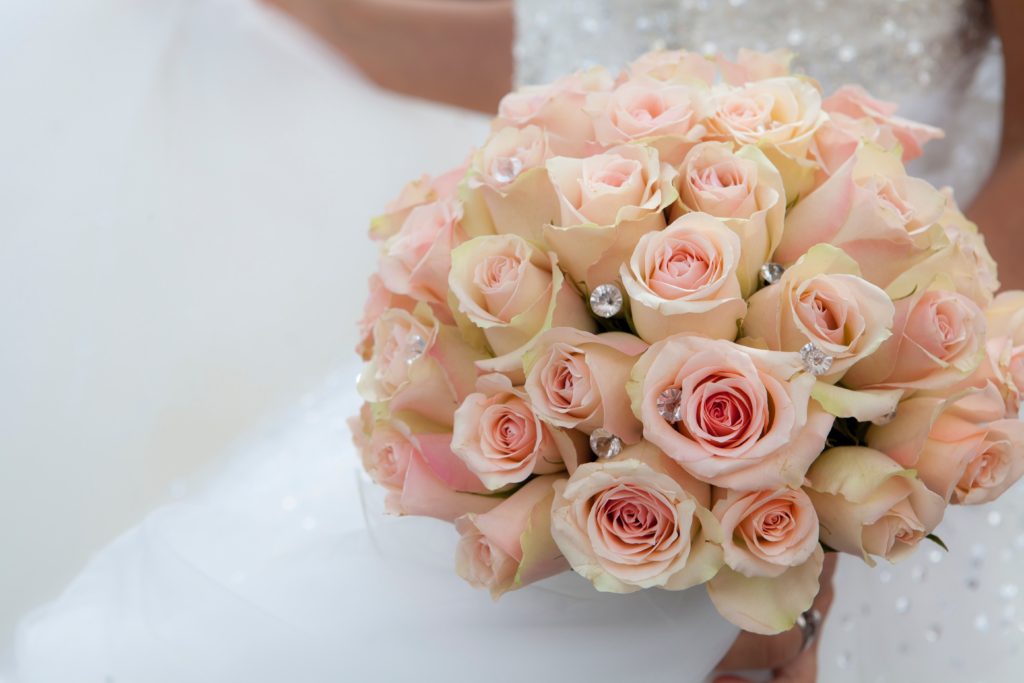
Valentine’s Day. A time for love, friendship and rejection. There are few Valentine traditions sweeter than gathering around the TV with your pet or partner and enjoying the ups and downs of a romantic comedy. When my roommates and I were last scrolling through Netflix on a hunt for romantic goodness, we stumbled upon the Julia Roberts classic, “Runaway Bride.”
Gary Marshall’s 1999 summer hit, “Runaway Bride” is the second romantic comedy starring Richard Gere and Julia Roberts. The first, “Pretty Woman,” was a critical and box office smash, earning Julia Roberts a Best Actress nomination at the Academy Awards and resulting in a successful Broadway musical.
Its spiritual successor, “Runaway Bride” was also a box office success but received moderate to harsh criticism from fans and critics alike. Until its appearance on Netflix in the last couple of years, “Runaway Bride” had all but disappeared from the pop-culture zeitgeist, drowned out by the large repertoire of better film offerings from Julia Roberts and Richard Gere.
Thank the Lord “Runaway Bride” was added to Netflix, because over 20 years after release, the movie had me and my roommates utterly captivated. There is some indescribable quality which makes romantic comedies from the 1990’s special. What they lack in craftsmanship or any sort of social commentary that can be held up to scrutiny, they make up for in sincerity. Let me explain.
“Runaway Bride” is about a young woman named “Maggie Carpenter,” played by Julia Roberts, who becomes the laughingstock of a small town in Maryland after leaving men at the alter a total of three times. A reporter in New York City named “Ike Graham,” played by Richard Gere writes a story about her which ends up losing him his job due to factual inaccuracies. He is then hired by a magazine to write a larger exposé on Carpenter to rejuvenate his image. Graham heads off to Maryland to write his story about Carpenter in the weeks leading up to her fourth marriage. Of course, hijinks ensue, and they fall madly in love.
What makes “Runaway Bride” slightly problematic is also what makes it so fun to watch: Graham’s relentless investigation into Carpenter. Graham follows Carpenter around town, infuriating and annoying her, all the while completely charming the town. Everyone he interviews, with the exception of Carpenter, completely buys into his charm – how could you not, he’s Richard Gere – and gives him a hilariously invasive amount of information.
As Graham continues to get under Carpenter’s skin, his encyclopedic knowledge of her life becomes a gateway for the two to fall in love. He slowly challenges her conception that she actually loves the man she is currently engaged to, a local football coach, and during the rehearsal of the wedding, Carpenter kisses Graham instead of her fiancé and the two decide to get married instead.
If the movie stopped here, there would be a lot to take issue with. A reporter using his research to coerce a romance is unethical and manipulative. Changing yourself to become what someone wants because you know more about them than any normal person should is a misuse of power and could create a negative dynamic going into marriage.
Luckily, the movie doesn’t stop there. Graham and Carpenter finish planning their wedding, and in front of the entire town and a fair number of New York City reporters, Carpenter once again runs away. Carpenter has now run away from her fifth fiancé and fourth wedding. Graham heads back to New York City without a story and without Carpenter.
Meanwhile, Carpenter spends the next few weeks soul searching. What we come to discover is that while Graham was trying to learn everything he could about Carpenter, Carpenter didn’t know very much about herself. In all four of her first relationships, she was adopted the likes, dislikes, dreams and values of her partner. All of this is epitomized in the way she likes her eggs. With each man she engaged, she decided to eat eggs the same way he did. When she was finally single, she realized she didn’t know how she actually liked her eggs. Just that she liked to not get in the way or bother her partner.
At the end of the movie, Carpenter travels to New York and breaks into Grahams apartment (Romantic comedies are wild) and proposes to Graham. At first, he refuses, but she insists that she has taken the time to find out who she is and is ready to share her life with someone who is genuinely interested in her. Not just who she can be for him. She says “I guarantee that we’ll have tough times, and I guarantee that one or both of us will want to get out. But I also guarantee that if I don’t ask you to be mine, I’ll regret it for the rest of my life. Because I know in my heart, you’re the only one for me.”
In a worse movie, Carpenter wouldn’t have run away from Graham at the altar, because in a worse movie, the moral is that what Carpenter really needed was a man who knew who she really was. However, “Runaway Bride” is a good movie. In a good movie, the moral is that Carpenter has to run away from Graham at the altar, because until Carpenter herself knew who she was, she couldn’t know who is right for her.


Leave a Reply